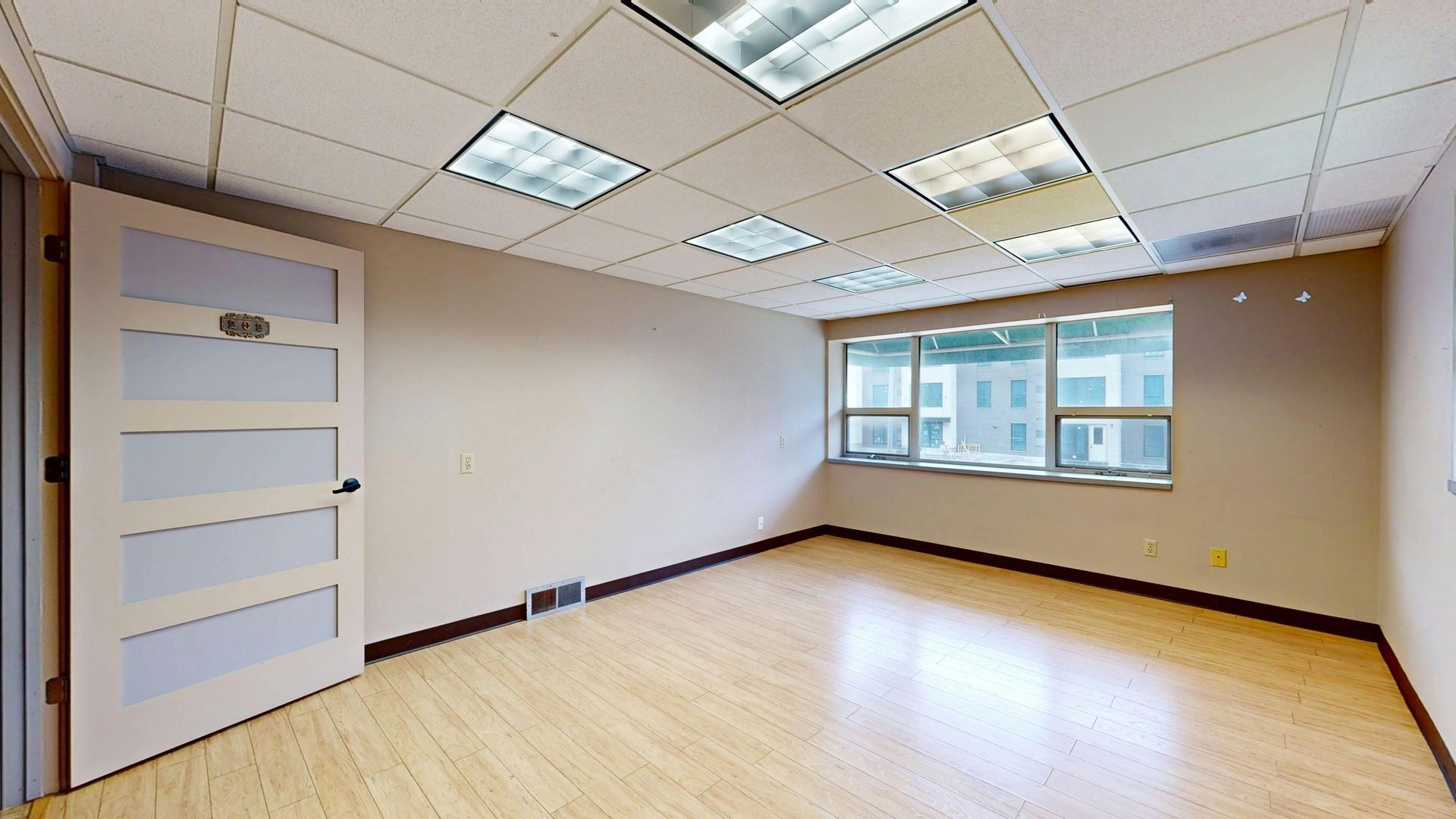New Year, New Build
New Year, New Build: Planning Your 2025 Project
The new year is a time for fresh starts and new beginnings. If you've been dreaming of a remodeled kitchen, a luxurious bathroom upgrade, or a complete office overhaul, 2025 might just be the year to make those dreams a reality. But before you dive headfirst into demolition, it's crucial to lay a solid foundation for your project's success. That's where planning comes in.
At Five Mile Construction, we've helped countless homeowners and businesses in the area bring their vision to life through meticulous planning and expert execution. We understand that a successful construction project, whether it's a home renovation or a commercial tenant finish-out, starts long before the first nail is hammered. Let's explore how you can set realistic construction goals and budget effectively for your 2025 build.
1. Define Your Vision: What Do You Really Want?
Before you even think about budgets or timelines, take some time to clearly define your vision for the project. What are your goals? What do you hope to achieve with this build or renovation?
- For Homeowners: Are you looking to create a more functional space for your growing family? Do you want to increase your home's value with a modern update? Perhaps you're dreaming of a spa-like bathroom retreat or a gourmet kitchen where you can entertain guests.
- For Business Owners: Are you looking to create a more productive and collaborative workspace? Do you need to revamp your office to better reflect your brand identity? Is your goal to attract and retain top talent with a state-of-the-art facility?
Gather inspiration from magazines, websites like Pinterest and Houzz, and even friends' homes or offices. Create a "wish list" of features and functionalities you desire. Don't be afraid to dream big at this stage!
2. Prioritize Your Needs vs. Wants
Once you have a clear vision, it's time to separate your "needs" from your "wants." This is where practicality meets your dream design.
- Needs: These are the essential elements that are non-negotiable for your project. For example, if your growing family requires an extra bedroom, that's a need. If your office lacks a proper conference room for client meetings, that's a need.
- Wants: These are the desirable features that would enhance your project but aren't absolutely necessary. A heated bathroom floor might be a luxurious want, while a built-in sound system in your office could be a nice-to-have feature.
Prioritizing helps you make informed decisions when it's time to allocate your budget. It ensures that the core functionality of your project is met before you indulge in the extras.
3. Set a Realistic Budget: The Foundation of Your Project
Now comes the crucial step: creating a realistic budget. A well-defined budget is the cornerstone of any successful construction project. It acts as your financial roadmap, guiding your decisions and preventing costly surprises down the line.
- Research Costs: Start by researching the average costs for similar projects in your area. Websites, local contractors, and even friends who have recently completed renovations can provide valuable insights.
- Get Multiple Quotes: Don't settle for the first quote you receive. Obtain at least three detailed quotes from reputable contractors like Five Mile Construction. Compare their pricing, services, and timelines carefully.
- Factor in All Costs: Remember that your budget should encompass more than just materials and labor. Consider permits, design fees, potential upgrades, and a contingency fund for unexpected expenses.
- Contingency Fund: Always include a contingency fund of 10-20% of your total budget. Construction projects often encounter unforeseen issues, and having a financial cushion will help you navigate them without derailing your plans.
4. Create a Timeline: A Roadmap to Completion
A realistic timeline is essential for managing expectations and keeping your project on track. Work closely with your chosen contractor to develop a detailed schedule that outlines each phase of the construction process.
- Phases of Construction: Understand the different stages involved, from demolition and framing to electrical, plumbing, and finishing touches.
- Permitting Process: Factor in the time required to obtain necessary permits. This can vary depending on your location and the complexity of your project.
- Lead Times: Be aware of lead times for ordering materials, especially custom or specialized items.
- Weather Delays: If your project involves exterior work, be prepared for potential weather-related delays.
5. Partner with a Trusted Contractor: Your Guide Through the Process
Choosing the right contractor is one of the most important decisions you'll make. A reputable and experienced contractor like Five Mile Construction can be an invaluable partner throughout your project.
- Experience and Expertise: Look for a contractor with a proven track record in projects similar to yours. Ask for references and review their portfolio of past work.
- Communication: Choose a contractor who communicates clearly and transparently. Regular updates and open communication are crucial for a smooth and stress-free experience.
- Licensing and Insurance: Ensure that your contractor is properly licensed and insured. This protects you from liability and ensures that the work meets industry standards.
- Contract: Always have a detailed written contract that outlines the scope of work, payment schedule, timeline, and other important details.
6. Prepare for the Inevitable: Flexibility is Key
Even with the most meticulous planning, construction projects can encounter unexpected challenges. Be prepared to adapt and make adjustments along the way.
- Stay Involved: Maintain regular communication with your contractor and stay involved in the decision-making process.
- Trust Your Contractor: You've chosen your contractor for their expertise. Trust their judgment and be open to their suggestions.
- Embrace the Process: Construction can be messy and disruptive. Try to embrace the process and focus on the exciting end result.
Five Mile Construction: Your Partner in Building Your Dreams
At Five Mile Construction, we're passionate about helping our clients achieve their construction goals. Whether you're envisioning a stunning home renovation or a dynamic commercial space, we have the experience, expertise, and dedication to bring your vision to life. We pride ourselves on transparent communication, meticulous planning, and exceptional craftsmanship.
Contact us today to discuss your 2025 project and let us help you turn your new year's resolutions into a beautiful reality. Let's build something amazing together!



